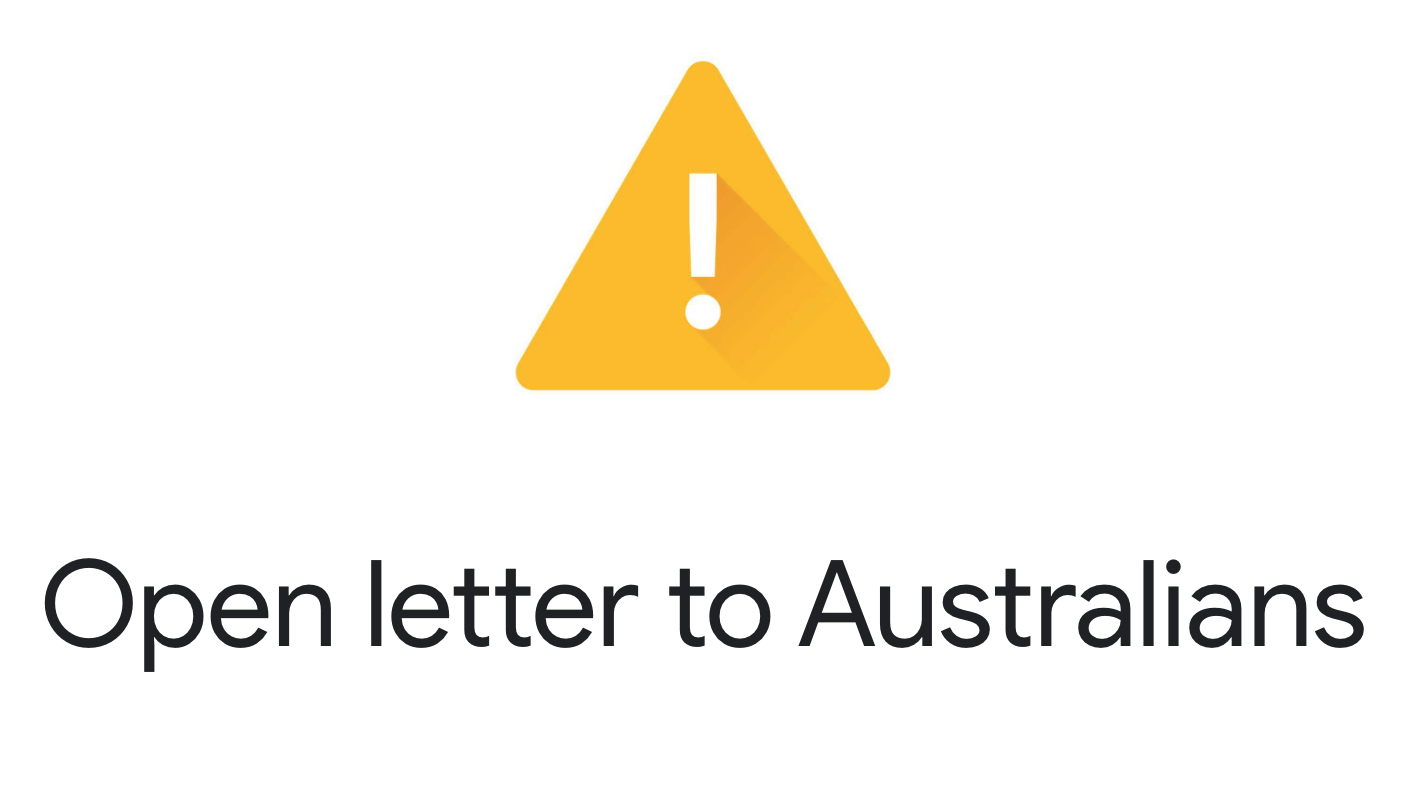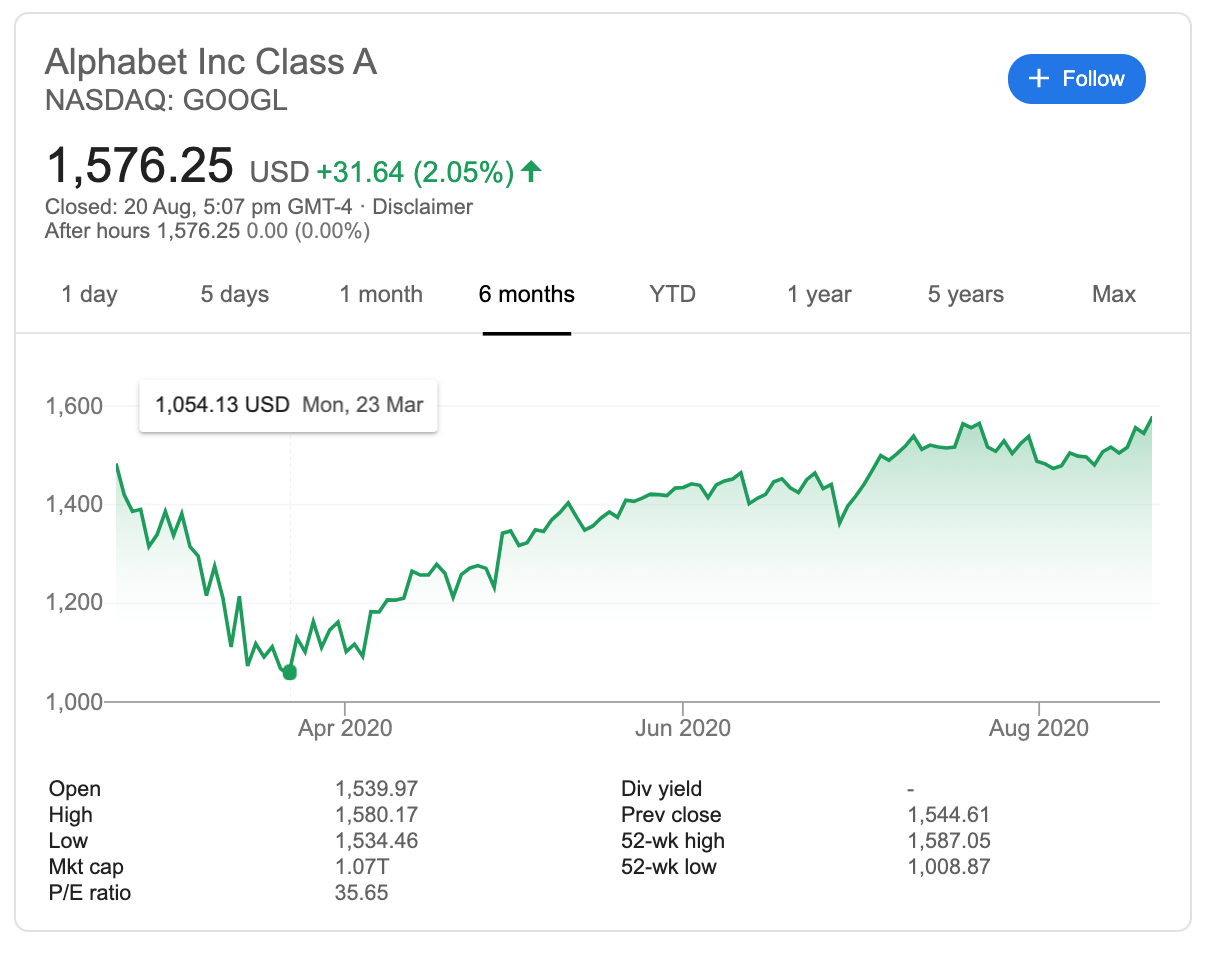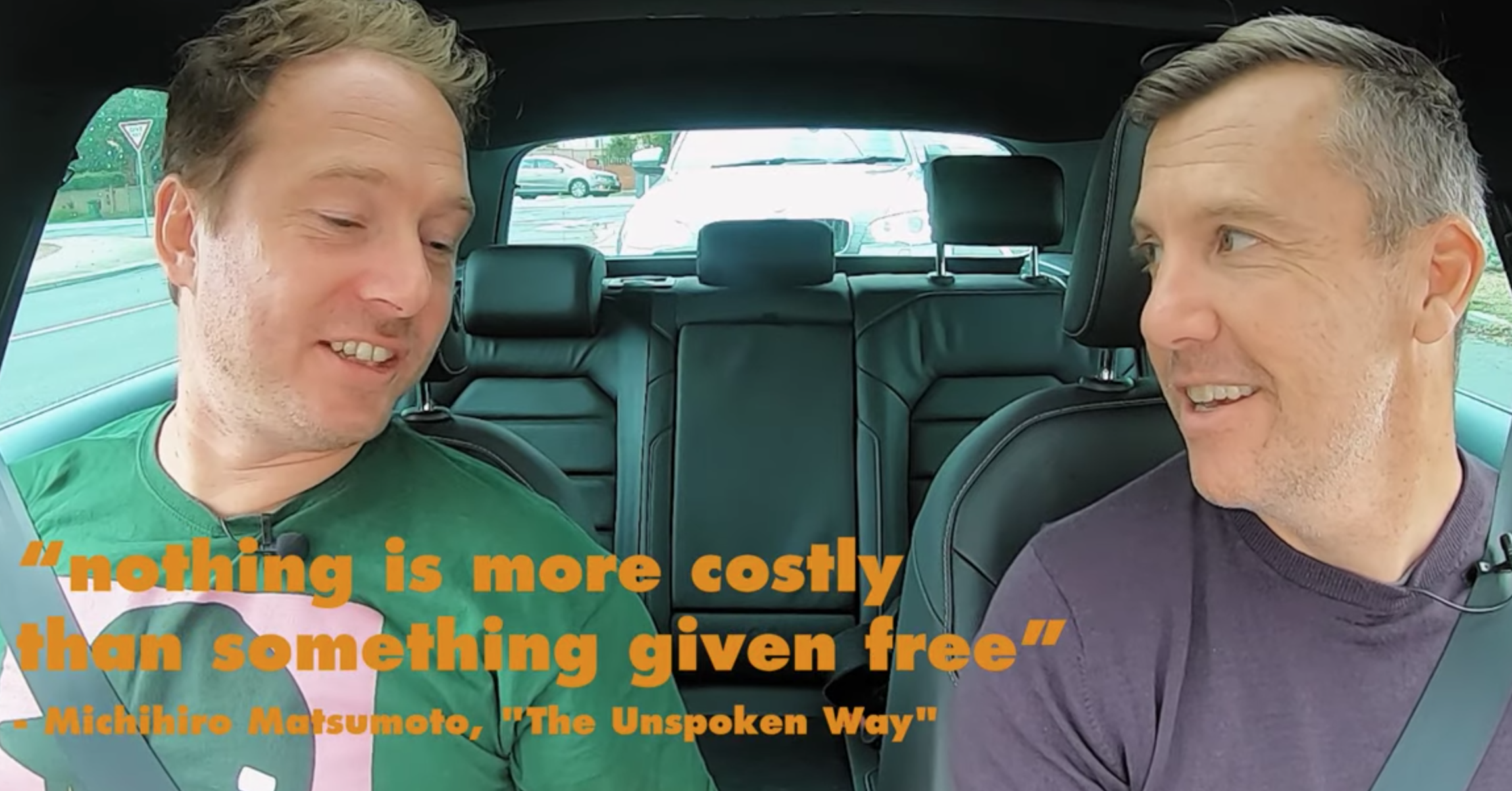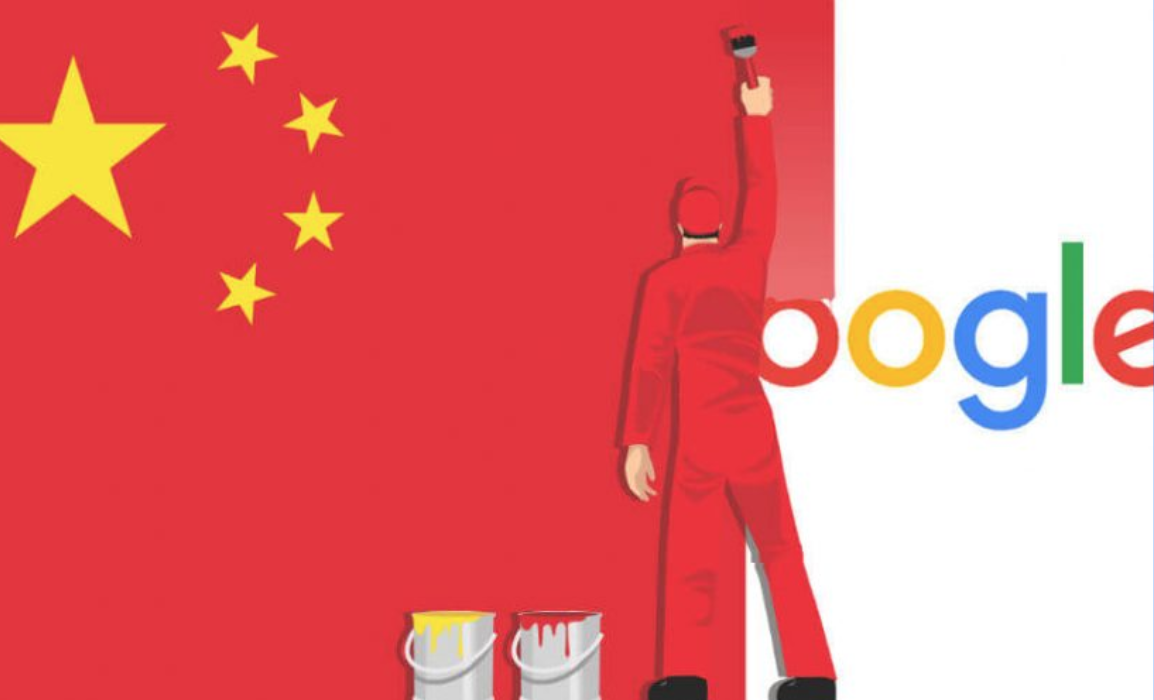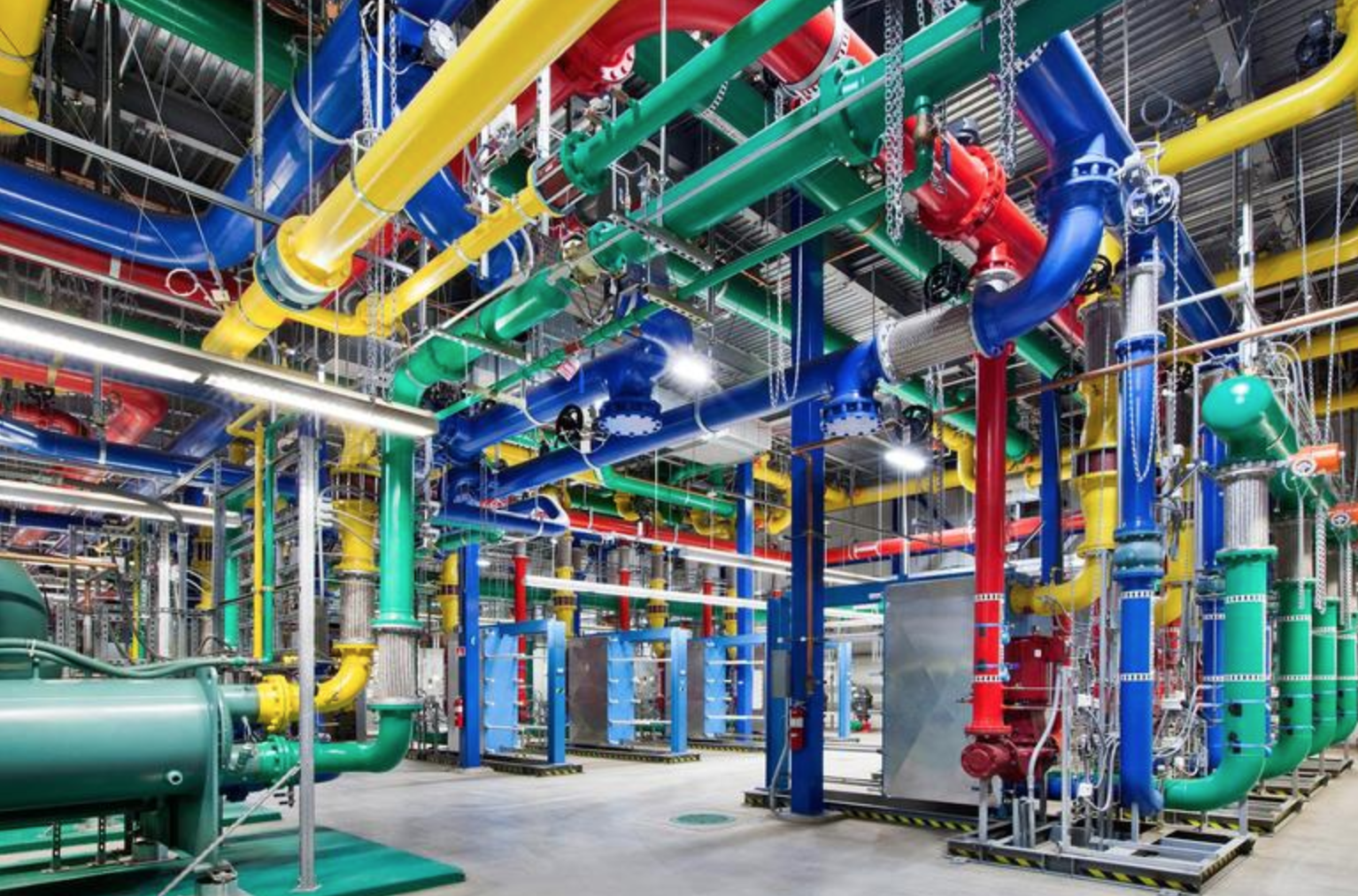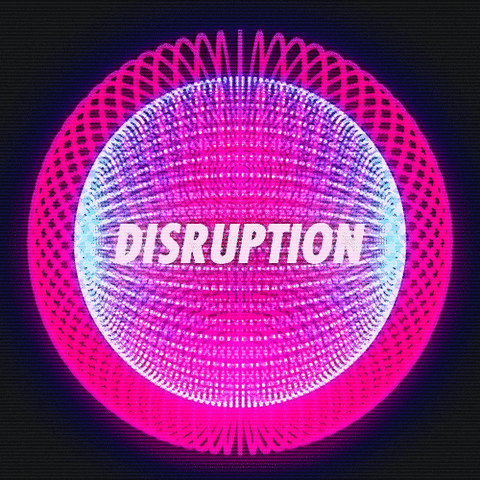
Business disruption is not caused by technology alone. For it to occur we need 2 things to arrive simultaneously.
(1) A new technology
+
(2) A new business model
If we only have one, the incumbents can usually adapt. They can plug the new tech into the existing business model. Or, they can revert the old technology into a new business model.
For example:
The Music Industry had 3 new technologies before they got disrupted. They had the phonograph, the tape and the CD. Each time they sold the new tech in the old business model. It wasn’t until the mp3 arrived until the industry changed. When that happened, the business model shifted with the tech, which resulted in disruption: Napster (stealing music) and Apple iTunes (buying music one song at a time). Then when streaming arrived, a further disruption occurred as both the tech and business model shifted once more. No one buys music, they subscribe to it.
Likewise, when the Airline Industry had low cost airlines arrive. A new business model emerged, but because it was utilising existing technology: planes, airports and booking engines, legacy players could plug in low cost sub-brands. No real industry disruption transpired.
Most Successful Consumer Product Launch in History
Chat GPT is the fastest-growing consumer product in history. It had over a million users in its first week and more than 100 million in two months. Previous technology juggernauts haven’t come close: TikTok took nine months to get to 100 million users, Instagram took nearly three years and Google took nearly two years to reach this milestone. It isn’t just the rapid growth of users of the platform that’s interesting. It’s that it demands a review of internet Search as we know it, how we perform searches literally and the resulting business model which underlies it. It may even redirect us away from advertising and the prevailing surveillance capitalism model.
The technology and business model just changed for search. Sounds crazy to say it, but Google could be in trouble. If there was ever a company which looked dominant and unstoppable mere months ago, it was Alphabet. Their Google search engine commands a 90%-plus share in most of the markets it operates in. Then along came ChatGPT.
Will your company be the Disrupter or the Disrupted with AI ? Get me in to share my mind blowing new Keynote Speech – and win in the new AI era.
Bing v Google
At the moment it looks like Open AI, the developers behind ChatGPT, have everything to gain, but behind the scenes is tech overlord Microsoft. If all goes to plan they could be the unexpected winner in AI, and there are literally trillions of dollars in market capitalisation at stake. Microsoft’s 23 January $10 billion investment in Open AI may well be the tech deal of the century. As a part of it Microsoft will have exclusive access to Open AI’s product suite, and will gain a 49% share of Open AI. However, Open AI will need to give back Microsoft 75% of the profits until Microsoft recoups its initial investment. Microsoft have already plugged ChatGPT into their Bing Search engine, and it is pretty damn good. I’ve switched already. But is isn’t just the product which puts google at risk, it’s the costs and business model.
The cost per ‘prompt’ on ChatGPT is currently around $0.02c. This is vastly more than the $0.00001 per Google search, and probably couldn’t support a pay per click or display advertising model. The recent option to subscribing to ChatGPT for $20 per month is a clue as to where the business model of Generative AI is likely to go – subscription rather than advertising. This would both remove the ‘free rider’ problem, and temptation to compromise product quality to appease the advertising model supporting it. Subscription is also needed because AI is far too expensive per prompt to run a pay per click model. This is a major problem for Google – which people use for free.
The market is likely to bifurcate into two segments: Search (Traditional web links) and Creation (Generative AI).
Think about it – if we shift our search habits to ask questions and getting an actual answer, rather than a page of links and options – the pay per click model could die alongside it. Bing might just become the world’s first Premium Search engine – a pay to play for a different kind of search.
The Code Red which was called in through halls of the GooglePlex hasn’t resulted in anything that seems like a worthy response to ChatGPT. After a failed demo last week of the Google AI chatbot Bard, it lost more than $100 billion in market cap. But I also wonder if the market senses that Google has far more to lose even if (and most likely when) it develops a competitive AI product. 58% percent of Alphabet’s revenue comes from search, which is driven by pay per click advertising, which simply can’t survive with generative AI – there are literally no clicks when you get a direct answer. Currently Microsoft only generates 5% of its revenue from Bing pay per click advertising. In real terms, it has a potential ten-fold search revenue upside, with near zero downside all the while potentially adding a new weapon to its already strong enterprise offers of Windows, Office and Azure. AI inside your own laptop, generating answers from your own personal data. That would be super powerful, personally and at an enterprise level.
Just when we thought we thought a one tech firm could never be usurped, a new technology comes along which potentially changes everything.
– – –
Keep Thinking,
Steve
